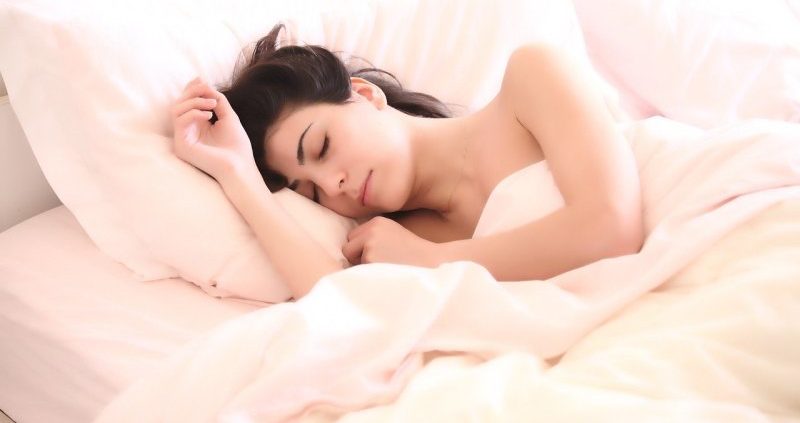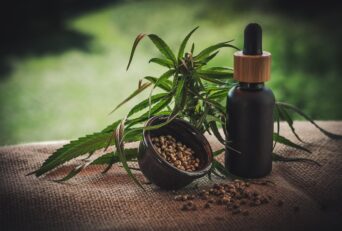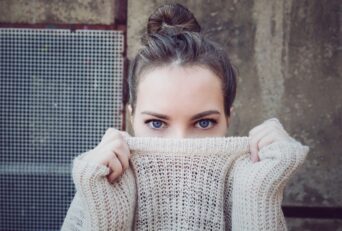If you struggle to get a good night’s sleep, you’re not alone. According to a 2018 study from the University of Pennsylvania School of Medicine, about one in four Americans suffer from acute insomnia every year.
Getting quality rest on a regular basis is important for our mental and physical health – without it, it can negatively affect memory and learning, mood, the immune system, and more. It can even lead to weight gain. If sleep seems elusive to you, consider these options to get a better night’s sleep again.
Table of Contents
Follow a Consistent Bedtime Schedule
Keeping a consistent sleep schedule is one of the best things you can do to improve your sleep habits. Create a bedtime routine that you can stick to and follow, waking up and going to bed at the same time every day whether it’s the weekend or a weekday.
Try CBD
You’ve probably heard about CBD, while it’s a cousin of the marijuana plant, it comes from the hemp plant and doesn’t get you “high” but it can provide multiple benefits, which includes fighting insomnia. It has the ability to relieve stress and anxiety, preventing those racing thoughts that can make it difficult to fall asleep. CBD comes in many different forms, from oils to cheap CBD wax which is a concentrated form that typically provides a quick noticeable effect.
Use Essential Oils
There are several essential oils that may help you get a better night’s sleep, although lavender essential oil typically comes out on top. It’s well known for its calming, relaxing effects, used for centuries to treat insomnia. It’s been shown to increase slow-wave sleep which relaxes the muscles and slows the heart rate to promote higher quality rest. Other essential oils that can help fight insomnia include clary sage which is a natural sedative that can relieve stress, and bergamot, which provides a calming effect.
Eat Certain Foods and Avoid Others
What you eat and drink before bed can have a big impact on your sleep that night. Foods with a lot of refined carbs, like chips, cookies, and crackers raise blood sugar levels and then cause them to plunge which signals the brain to wake up, disrupting sleep. While alcohol is a depressant, it negatively affects REM sleep which interferes with the quality of rest. Of course, anything with caffeine like coffee, soda, and even chocolate, can keep you up at night too.
There are a number of foods that have the opposite effect, helping you to sleep better, particularly those that contain the amino acid tryptophan, the compound in turkey that’s well known to make everyone sleepy on Thanksgiving Day. But it’s also found in foods like nuts, eggs, bananas, and chicken. Tryptophan is necessary for producing serotonin, which is a hormone that promotes relaxation and is also used to make melatonin, which impacts the wake and sleep cycles.
Block Out Light and Noise
Even the tiniest little lights, like those little red or blue ones on electronic gadgets, can disturb sleep. An inexpensive eye mask can dramatically improve sleep as total darkness helps to trigger the production of melatonin, helping you fall asleep faster and stay asleep too. If noise is an issue, consider wearing earplugs or using white noise such as a fan, air conditioner, or anything that can provide a soothing, consistent backdrop. Calming music or a white noise app does the trick for many too.






